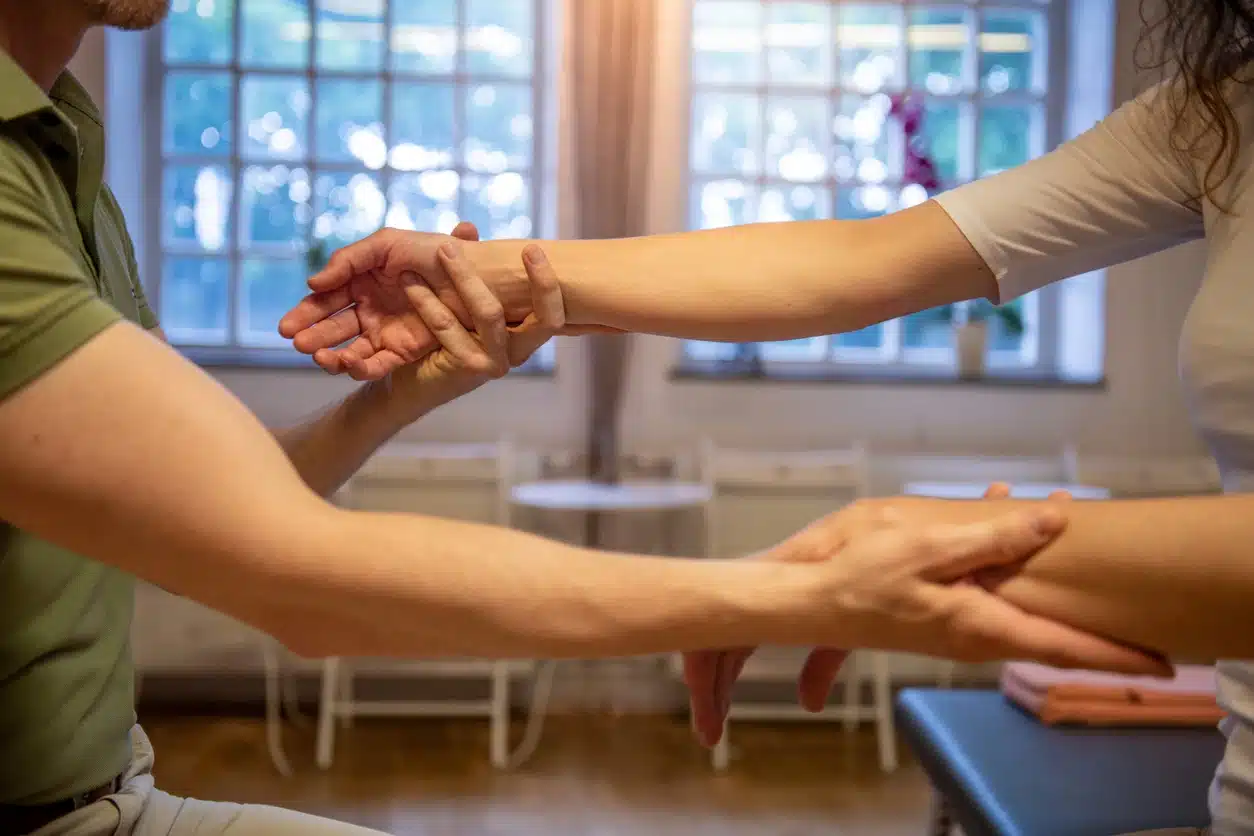Somatic Therapy Exercises for Mental Health and Addiction
Our Centre
Rehab In Northern England

Google Reviews
4
Tel: 01923 369161
Email: info@oceanrecoverycentre.com
Address: 94 Queen's Promenade, Blackpool, FY2 9NS
View CentreOur Partnering Centres
Rehab in Scotland

Google Reviews
5
Tel: 01475 303998
Email: info@novarecovery.com
Address: 10-12 Scott St, Largs, North Ayrshire, KA30 9NU
View CentreRehab in Greater London

Google Reviews
4.5
Tel: 01923 369 161
Email: info@cassioburycourt.com
Address: Cassiobury Court, Richmond Drive, Watford, Herts, WD17 3BH
View CentreRehab in the Midlands

Google Reviews
4
Tel: 01908 489 421
Email: info@asanalodge.com
Address: 48 Moorend Rd, Yardley Gobion, Towcester, NN12 7UF
View Centre
